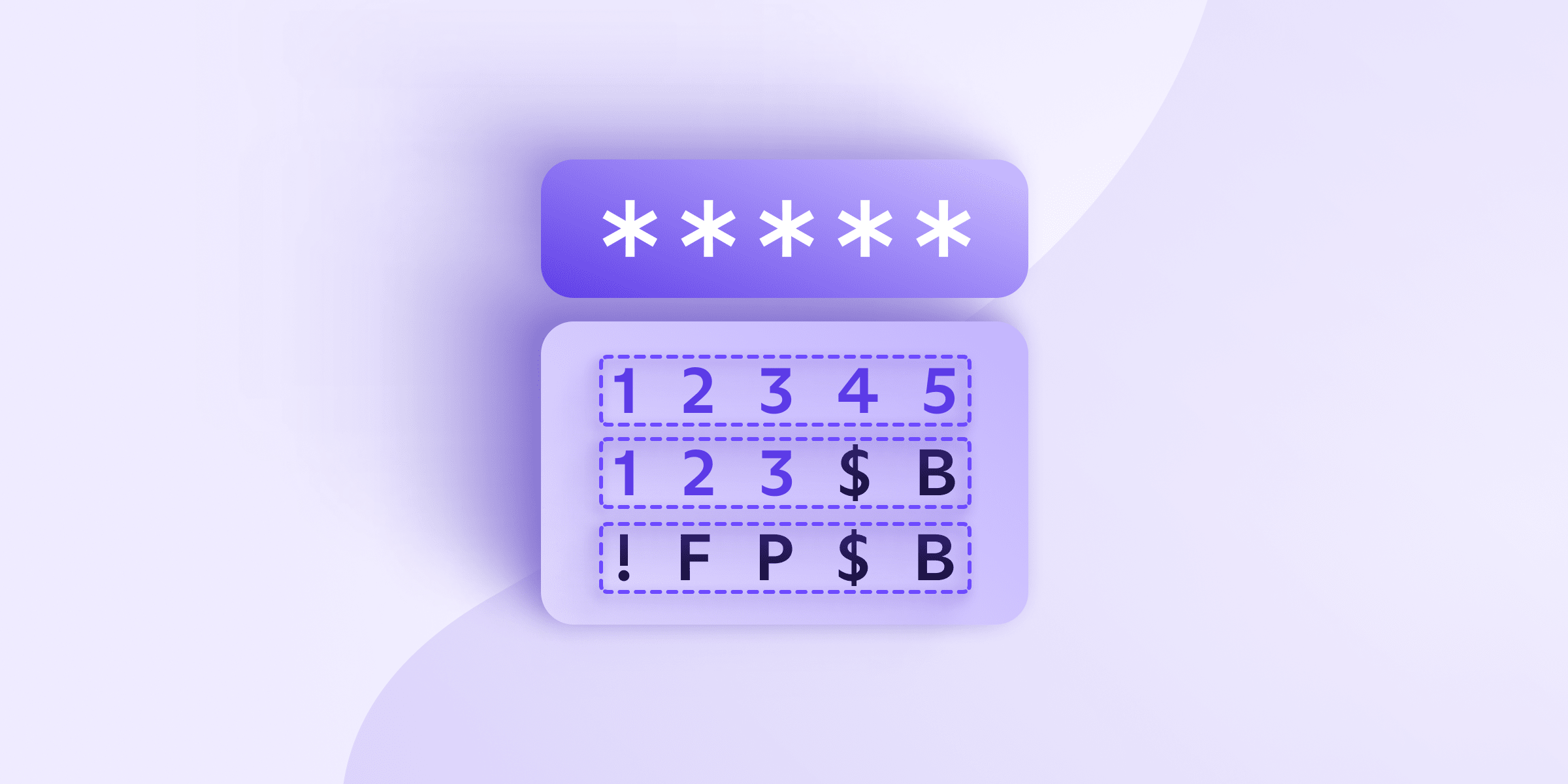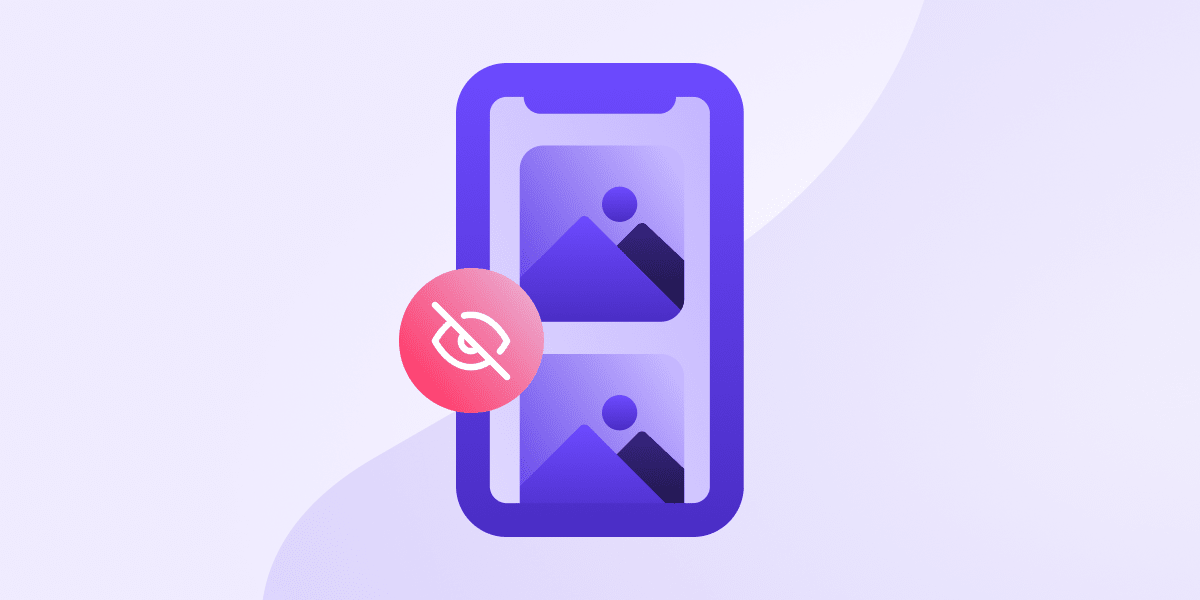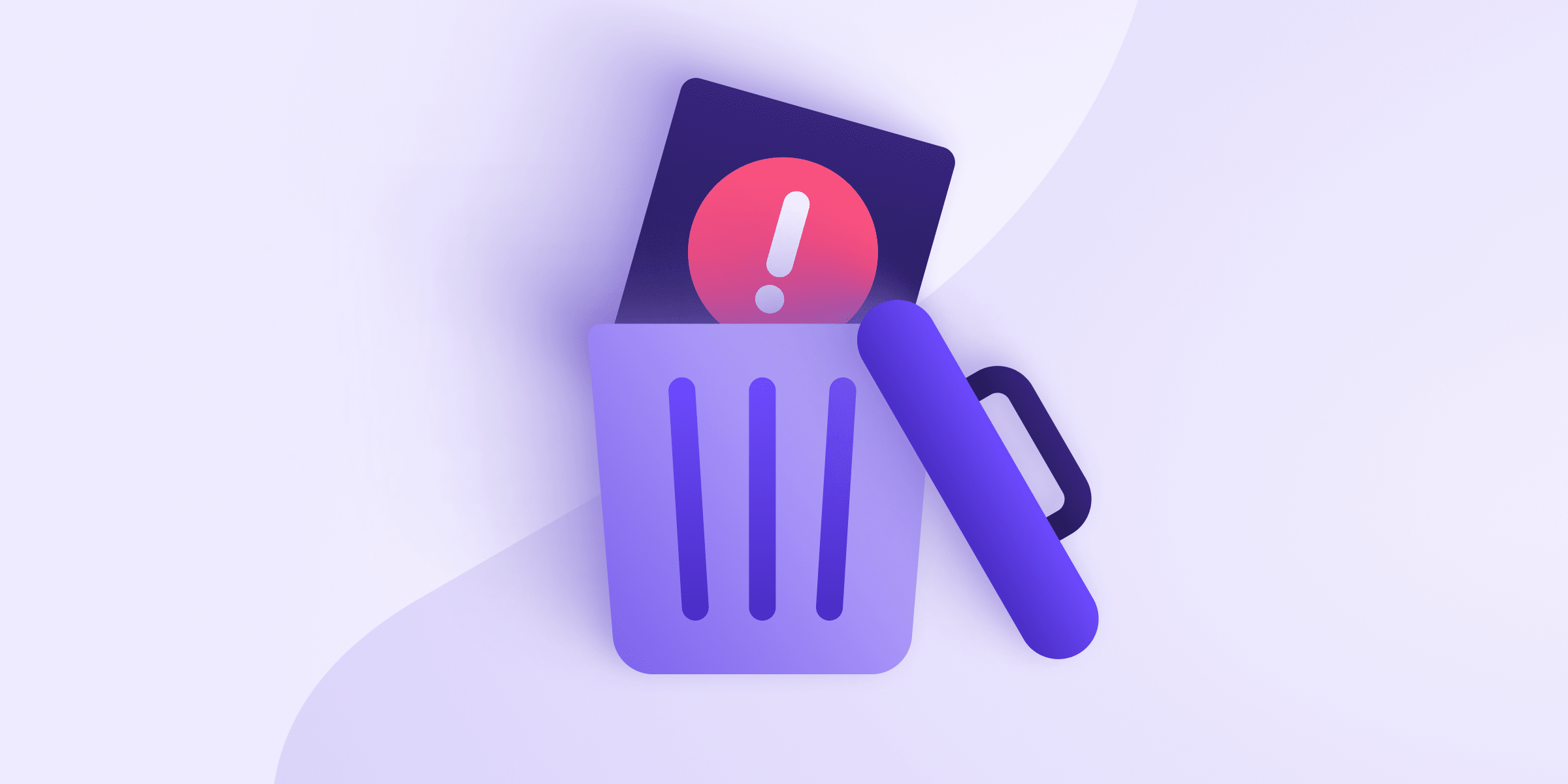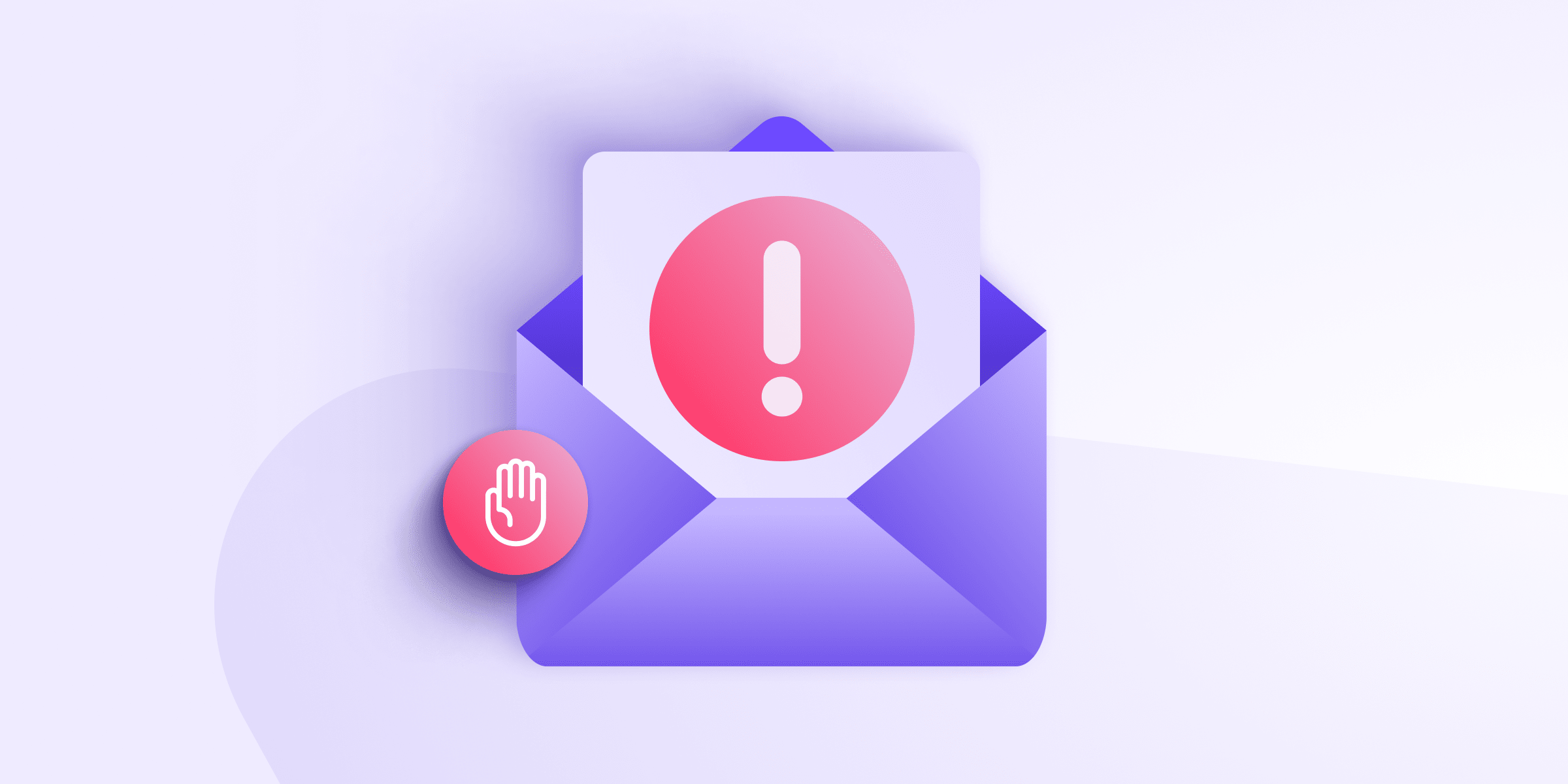Privacy basics

- Privacy basics
We all need to be vigilant about creating mathematically impenetrable passwords.
And if you’re one of the hundreds of thousands of people who use names and birth
dates in their passwords, then it’s definitely time to tighten up your login
security.

The last thing you want when showing funny videos or holiday photos on your
phone or tablet to friends and family is for them to see your sensitive and
private photos.
Although there are third-party apps dedicated to hiding your personal photos and

- Privacy basics
It can be slightly difficult to encrypt a zip file using the tools available on
your Windows or Mac. Unlike encrypting a PDF or an Excel file, there’s no
standardized software to use. You’ll need to rely on your device’s built-in
encryption methods.

“Undo Send” gives you a chance to stop an erroneous message you’ve just sent.
We’ve all done it. You hit Send on an email only to spot you’ve misspelled
someone’s name, forgotten an attachment, or accidentally sent a cringing joke to
half your conta

- Privacy basics
Email spoofing is a technique attackers use to make a message appear to be from
a legitimate sender — a common trick in phishing and spam emails.
Learn how spoofing works, how to identify spoofed messages, and how to protect
yourself from spoofing a

If you’re switching from an iPhone to an Android phone, you’ll want to transfer
all your data to your new device. Google, Samsung, and other Android-based
smartphone companies try to make it easy for you to switch.
Android offers two main ways to t

- Privacy basics
Understand the law to help you beat spam emails and comply if you run a
business.
The CAN-SPAM Act is the US federal law on commercial emails. For consumers, it
allows you to opt out of receiving marketing messages and helps you control
annoying and

- Privacy basics
With the proliferation of the internet came the menace of bots. CAPTCHAs
(Completely Automated Public Turing test to tell Computers and Humans Apart)
were introduced as a countermeasure to differentiate between genuine human users
and automated scrip

- Privacy basics
Learn how to beat annoying and potentially harmful junk mail.
Spam emails, also known as junk mail, can be more than just irritating clutter
in your inbox. Cybercriminals can use these unsolicited and unwanted messages to
launch phishing attacks and

Excel spreadsheets often contain information you want to keep safe, from
personal data to financial information. For businesses, you may be legally
required to protect Excel files with a password if you fall under GDPR or HIPAA
jurisdiction, for exam

- Privacy basics
Learn about email security and simple ways to secure your mailbox against
cyberthreats.
From intimate letters to purchase receipts, financial information to doctor’s
notes, our mailboxes are a trove of personal information. You don’t want to
share a


